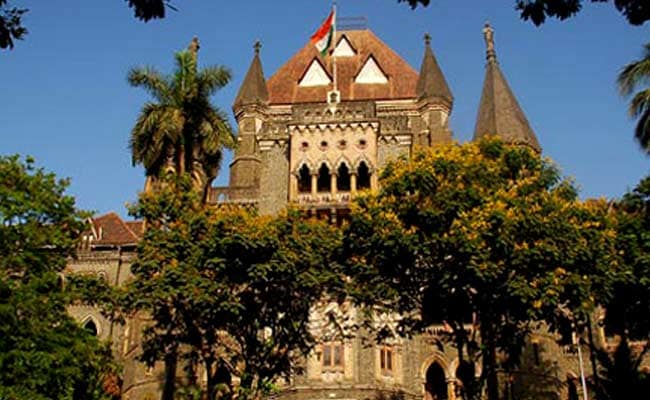
An anganwadi worker in Maharashtra has approached the Bombay High Court challenging the state government's decision to dismiss her from job for having more than two children and thus, not adhering to its 'Small Family' Rules.
The petitioner, Tanvi Sodaye, began working for the states Integrated Child Development Services (ICDS) scheme in 2002 and was promoted to the post of an Anganwadi Sevika in 2012.
In March this year, however, she received a written communication from the state authorities informing her that she was being dismissed from work since she had three children.
The letter informed her a 2014 Government Resolution (order) mandated that state employees in various departments, including the ICDS scheme, must not have more than two children.
In her plea, filed through advocate Ajinkya M Udane, Ms Sodaye, however, argued that her dismissal from service on the ground that she had more than two kids was illegal since she was already eight months pregnant with her third child when the August 2014 GR came into effect.
While Ms Sodaye approached the high court in April this year, just a month after her dismissal, her plea was taken up by the court for hearing for the first time only last week.
In the hearing, advocate Udane told a bench of Justices RM Savant and MS Karnik that his client's appointment letter, or the letter confirming her promotion to an Anganwadi Sevika, did not have any clause restricting the number of children she could have.
Besides, he argued, since she was already eight months pregnant when the GR in question came into effect, in her case, applying its provisions would mean applying a law retrospectively.
The same, he said, was unfair and urged the court to quash the state's order of her dismissal.
The state however, told the bench that though the August 2014 GR was specifically introduced by the Women and Child Development Department to define the terms and conditions of the appointment of Anganwadi Sevikas and other employees under the ICDS, the government had been propagating the 'Small Family' Rules since 2005.
Advocate General Ashutosh Kumbhakoni told the bench that under the 2005 Rules, 'Small Family' was defined to mean, "a family of husband and wife with two children or less".
Such candidates across several government departments, who did not fit into this definition, either faced disqualification from future employment prospects, lost out on several benefits, or faced dismissal from their services, said Kumbhakoni, who appeared for the state.
He objected to advocate Udane's argument on the rules being applied retrospectively, saying that since 2005, several resolutions and notifications were issued by the state to the effect for various government departments.
Therefore, "the rule of disqualification on account of the third child in employment must be considered as pre-existing", in the present case, Kumbhakoni argued.
The bench has now directed the state to place on record all communications and resolutions issued so far on the subject, by October 3, the next date of hearing.
The ICDS is a government programme which provides food, pre-school education and healthcare to children under 6 years of age and their mothers. Child care centres set up under the scheme are managed by anganwadi workers.
Track Latest News Live on NDTV.com and get news updates from India and around the world

